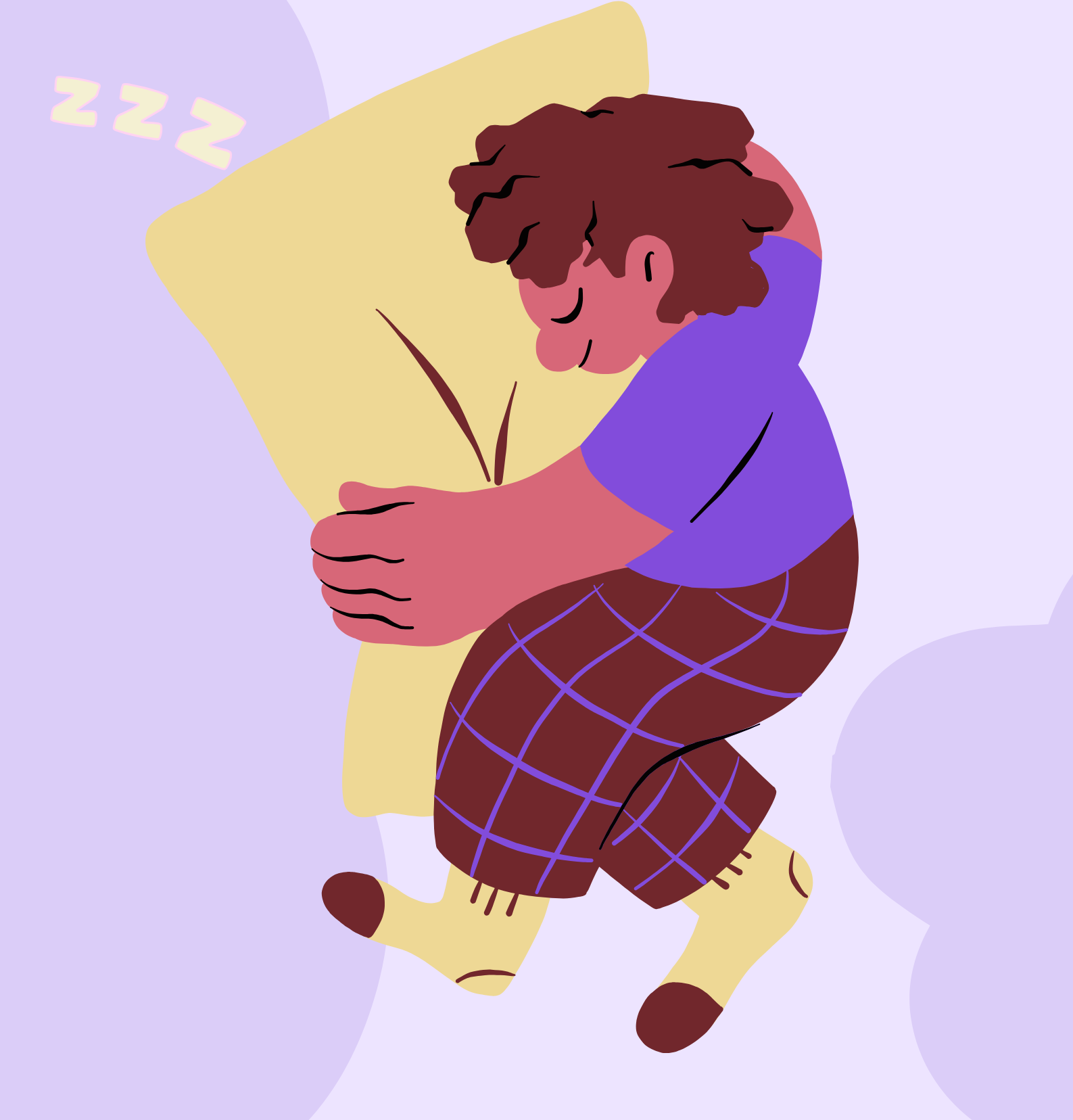
Sleep Hygiene: How to Improve Sleep for Better Health
- 17th March 2025
Introduction
Quality sleep is essential for overall health and well-being. Poor sleep can lead to a weakened immune system, cognitive impairment, and increased risk of chronic diseases. Sleep hygiene refers to a set of practices that promote consistent, restful sleep. In this article, we will explore effective ways to improve sleep hygiene for better health.
The Importance of Sleep Hygiene
Sleep plays a vital role in mental and physical health. It helps with memory consolidation, muscle repair, and mood regulation. Poor sleep hygiene can contribute to insomnia, stress, and an increased risk of conditions such as diabetes and heart disease. By adopting good sleep habits, you can enhance your overall well-being.
Tips to Improve Sleep Hygiene
1. Maintain a Consistent Sleep Schedule
Going to bed and waking up at the same time every day helps regulate your body's internal clock. This consistency improves sleep quality and makes it easier to fall asleep and wake up naturally.
2. Create a Relaxing Bedtime Routine
Engaging in calming activities before bed, such as reading, meditating, or taking a warm bath, signals your body that it is time to wind down. Avoiding stimulating activities, like watching TV or using electronic devices, can also improve sleep quality.
3. Optimize Your Sleep Environment
Your bedroom should be a sleep-friendly environment. Keep the room dark, quiet, and cool. Investing in a comfortable mattress and pillows can also enhance your sleep experience.
4. Limit Caffeine and Alcohol Intake
Caffeine and alcohol can disrupt sleep patterns. Avoid consuming caffeinated drinks in the late afternoon and evening. Similarly, while alcohol may initially induce drowsiness, it can interfere with deep sleep.
5. Get Regular Exercise
Engaging in regular physical activity helps promote better sleep. However, avoid vigorous workouts close to bedtime, as they may have a stimulating effect and make it harder to fall asleep.
6. Manage Stress and Anxiety
Stress and anxiety can keep your mind active at night, preventing restful sleep. Practicing relaxation techniques such as deep breathing, yoga, or journaling can help calm the mind and prepare you for sleep.
7. Reduce Screen Time Before Bed
The blue light emitted by smartphones, tablets, and computers can interfere with melatonin production, a hormone that regulates sleep. Try to limit screen time at least an hour before bedtime.
8. Avoid Heavy Meals Before Bed
Eating large or spicy meals before bedtime can cause discomfort and disrupt sleep. It is best to have a light dinner and avoid eating at least two hours before going to sleep.
Conclusion
Practicing good sleep hygiene is key to improving overall health and well-being. By establishing a consistent sleep schedule, creating a relaxing bedtime routine, and optimizing your sleep environment, you can enjoy better sleep quality. Prioritizing healthy sleep habits will lead to increased energy, improved mood, and a stronger immune system. Start implementing these tips today to experience the benefits of restful sleep!
For more details visit





